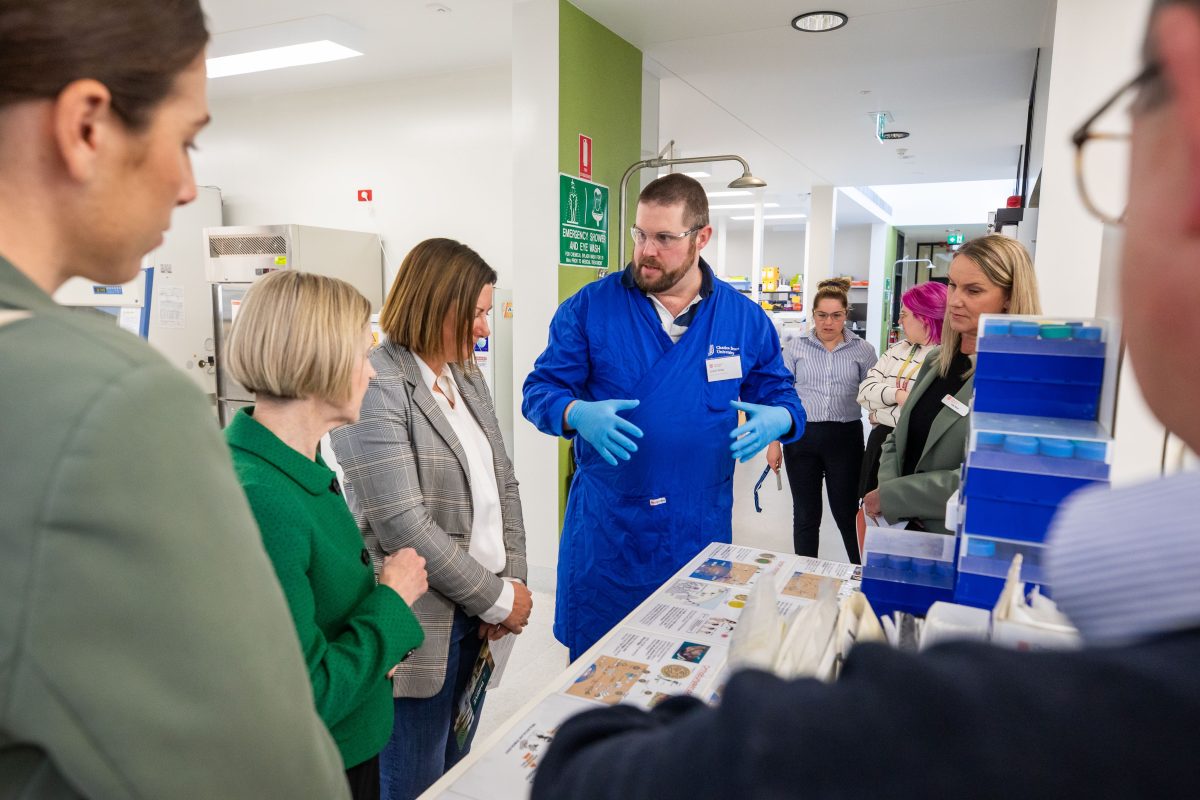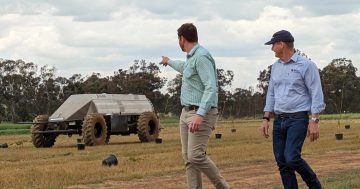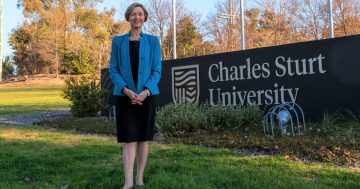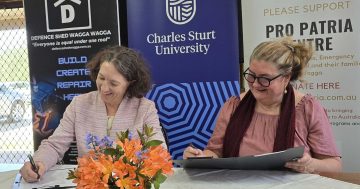
Charles Sturt University is now one of the country’s top biosecurity researchers after launching its new $30 million hub. Photo: Supplied.
A new state-of-the-art biosecurity hub has been launched by Charles Sturt University to build Australia’s defences against threats to the nation’s farms and food supply.
Officially known as ”The Hub”, the $30 million project brings together a team of researchers from fields including microbiology, ecology, veterinary and animal science, environmental science, AI and cyber futures, extended reality and biosecurity training to enhance this country’s biosecurity defences.
Charles Sturt vice-chancellor and president, Professor Renee Leon PSM, expressed pride in the global impact the university was having on protecting Australia and neighbouring countries against potentially devastating biosecurity pests and diseases.
“Charles Sturt University is a national leader in biosecurity research and training initiatives, spearheading innovation and transformation efforts to safeguard Australia’s food, farms, environment and communities from the increasing threats posed by pests, weeds and diseases,” Professor Leon said.
“Our biosecurity hub focuses on strengthening Australia’s capacity to detect, prevent and respond to pests and diseases that threaten our food, farms and our future.”
Biosecurity Training Centre (BTC) academic director David Mackay said the university was at the forefront of training frontline personnel who are protecting Australia’s borders and those of its Asia-Pacific partners.
“Charles Sturt University has been working with the Department of Agriculture, Fisheries and Forestry (DAFF) since 2022, utilising the university’s teaching and research strengths to train more than 840 frontline biosecurity officers in capabilities, contributing to the sector’s goal of growing the country’s agricultural production to $100 billion by 2030,” Mr Mackay said.
Executive director of the Charles Sturt Gulbali Institute for Agriculture, Water and Environment, Professor Lee Baumgartner, said The Hub’s program of biosecurity activities was dedicated to identifying and mitigating biosecurity threats.
Professor Baumgartner cited the university’s THRIIVE program, which stands for Training Hub promoting Regional Industry and Innovation in Virology and Epidemiology, as a key initiative.
“THRIIVE is dedicated to developing skills in agricultural epidemiology and virology to identify and counter zoonotic viruses like foot-and-mouth disease virus, Japanese encephalitis virus, avian influenza virus, swine flu, Australian bat lyssavirus and Hendra virus,” he said.
Professor Leon encouraged those interested in making a global impact to consider the range of courses offered at Charles Sturt, which equips students with the skills needed to address biosecurity challenges.
“Our diverse range of courses, such as the Bachelor of Veterinary Science, offer strong foundations in sciences, preparing students for a range of careers in biosecurity,” she said.











